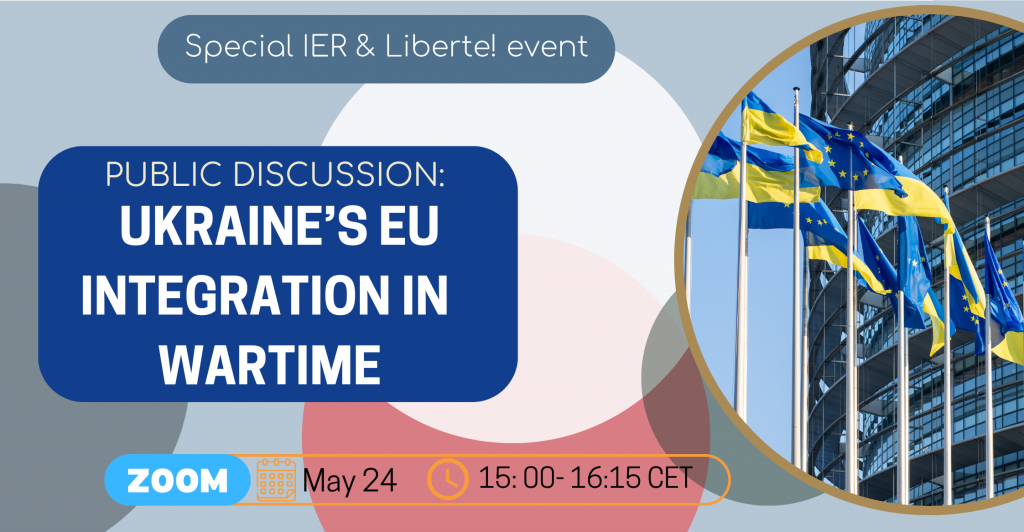![4liberty.eu N E W S L E T T E R [MAY 2023] 4liberty.eu N E W S L E T T E R [MAY 2023]](https://4liberty.eu/phidroav/2020/05/Cornelis_Norbertus_Gysbrechts_005.jpg)
4liberty.eu N E W S L E T T E R [MAY 2023]
BY
4liberty.eu / June 4, 2023
The May issue of the 4liberty.eu Newsletter provides an overview of the articles published on the 4liberty.eu website, serving as a starting point for further exploration.





